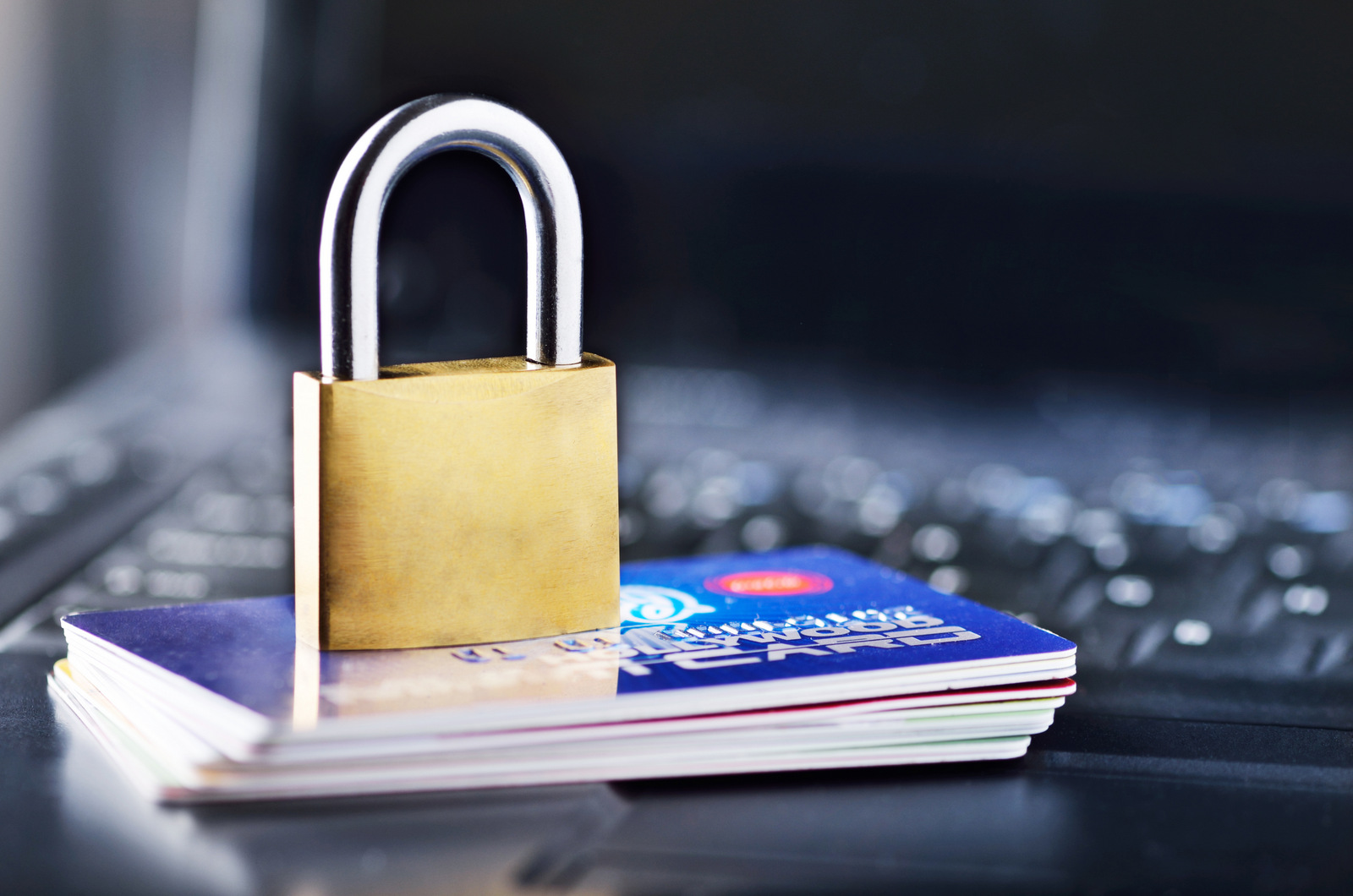 Shopping online has been a way of life today. You can buy clothes, shoes, books, electronics, appliances, and even food online
Shopping online has been a way of life today. You can buy clothes, shoes, books, electronics, appliances, and even food online. Because of the various conveniences online shopping has to offer, a lot of people are choosing this option instead of buying what they need or want from a brick-and-mortar shop.
Even today, online shopping is sometimes still not the safest option. There are still many retailers on the Internet that are unscrupulous and simply want to take the money of buyers. There are also some e-commerce sites that do nothing but steal sensitive information from customers, especially their credit card details.
If you like shopping online, you can still make sure all your sensitive credit card information will not be stolen by dishonest retailers. You can do so by following the tips below:
Shop only from reputable and familiar online shops. Most online shoppers today keep buying from the same e-commerce sites that they trust and had a good experience with. However, what if you want to buy something that is only sold by an online shop that you don't have any experience with? Experts say that if it's your first time to shop at an online store, conduct some research to ensure it is a legitimate seller. Check for merchant reviews online or ask for feedback from some of the e-commerce site's past and present customers. In addition, go over the vendor's refund policy and contact information. Read the privacy policy properly as well to understand how your information may be used.
Shop at sites that have locked HTTPS connection. Before entering any personal, credit card and sensitive information on a website, make sure the site is using a secure connection with SSL. Look at the browser's URL bar to see if there's a padlock showing. Make sure that the web address begins with HTTPS as well. If you can see these two, you are assured that you have a secured connection on that website and that your data is transferred safely and securely when you make a purchase.
Never store credit card details in browsers or online accounts. Online shopping involves a lot of tedious and long electronic forms which means a lot of repetitive typing as you fill out your name, address, phone number, email, etc. And you have to do this every time you have to buy something. If you store personal information on your web browser or your online accounts, you run the risk of having these details hacked. As such, aside from not storing these details, clear the history and cache of your browser after buying something online.
Share as little personal information as possible. There are a lot of online shops that won't let you checkout without confirming some personal details. If you see the option to checkout as a guest, always choose this option. Also, fill out only the required fields and nothing more. Take the time to read and understand what information they're asking for and how that data may be used. Again, you can read these on the site's privacy policy. When online shops have little information about you, your risk of being embroiled in a data breach is lower as well.
Carefully and regularly monitor your credit card statements. Whenever you get your credit card statements, review them carefully for any unauthorized charges. Experts say that printing receipts from online purchases or saving the records you received in your email will make it easier for you to compare your bank statements against your online purchases. If you see any discrepancies, contact your bank and report the issue immediately.
Comments
Post a Comment